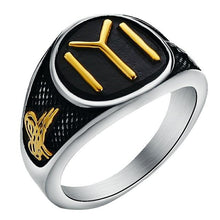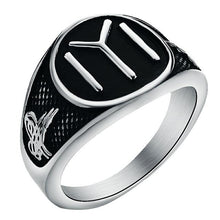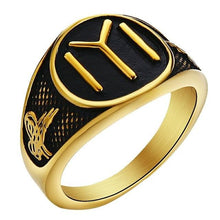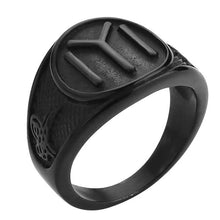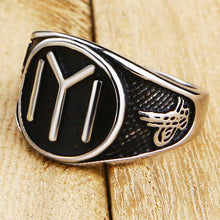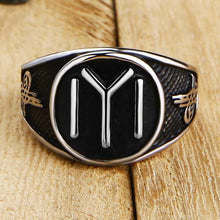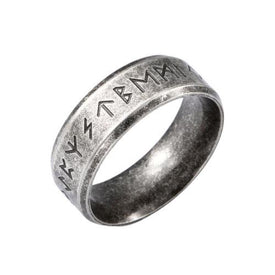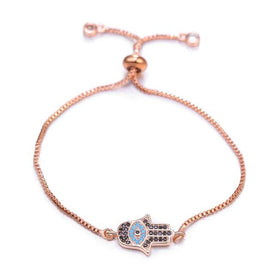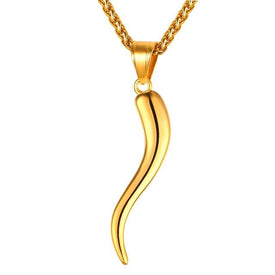
Ring with the Seal of the Kayı Tribe
- Regular price
- €24,90
- Sale price
- €24,90
- Unit price
- per

Secure payment

French store

Easy return

Free delivery
The Kayı tribe seal is an ancient Turkish lucky symbol with a long tradition.
- The seal of the Kayi tribe once floated over the lands of Turkey
- Symbol of the defense of Islam in Asia Minor
- Wearing this lucky ring reflects great respect for ancestors
- Selected by our Koran and Islam specialist
- Material: stainless steel
- Several sizes available
- Refund ALWAYS possible (see our returns policy)
- FREE STANDARD DELIVERY
The Kayi tribe? What link with Turkey?
In reality, there is a direct link between these two entities.
According to the Arab historian Al-Masudi, the ancestors of today's Turks were basically a nomadic tribe from the steppes of Central Asia.
In the 11th century, they appeared in Anatolia which was then under Greek control. At that time, the Byzantine Empire and Armenia were dominant powers in Asia Minor.
The battles against the Christians were long and, despite some crushing victories, the Muslim nomads had to suffer numerous losses and defeats. Therefore, ever-increasing numbers of fighters were needed to defend the cause of Islam in Asia Minor and Syria.
This is precisely where the Kayi tribe came into play.
Commanded by Bey Ertugrul, it came to the aid of their Seljuk brothers (the most powerful Turkish tribe) then in conflict with Byzantium. For his involvement and decisive help, the sultan granted Ertugul a part of the newly conquered lands.
When this great leader died, his son Osman took over.
Well known to Turkish history buffs, Osman is considered the founder of the Ottoman Empire. With a desire for independence coupled with a series of successful attacks on his enemies, Osman became the emir of a small state that would one day become gigantic.
If we explain all this to you, it is for a simple reason: this ring with the seal of the Kayı tribe represents, as its name suggests, the symbol of the Kayi.
Quite primitive in its design, it is supposed to show us two arrows surrounding a bow, a reminder of the warrior and nomadic character of the tribe.
A true Turkish lucky charm from an ancient tradition and deep roots, this ring deserves its message to be carried higher.
What delivery costs do I have to pay?
We have decided to cover the delivery costs. Concretely, except in certain special cases (notably for overseas regions), you will not have to pay anything . No fees, no additional costs.
What delivery time should I expect?
This may necessarily vary for each order. However, we undertake to finalize and send you the shipment within 48 hours of your order.
In any case, you will be entitled to request a full refund of your order if it has not reached you within 2 months. (Don't worry, this is just a deadline and not a forecast!)
Do you provide tracking numbers?
Of course ! We will also add it to the status of your order as soon as the transport companies send them to us.
As we are committed to guaranteeing you maximum satisfaction, it is always possible to contact us via the address contact@la-porte-du-bonheur.com or our contact form.
I have other questions. Can I call you ?
Once again, it is easy to contact us by email at contact@la-porte-du-bonheur.com or via our contact form.
So don't hesitate to ask us any questions about our products, our blog articles or our project in general. We will be happy to respond to you as quickly as possible.
As a newly translated French store, most of our product reviews are written in French. We've decided not to translate them, in order to stay true to what our customers think of us.







